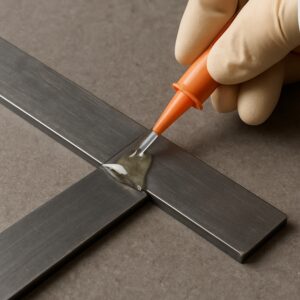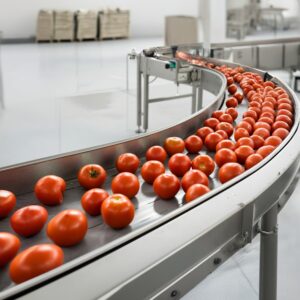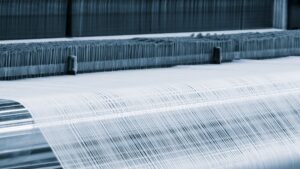The Role of Polymer Dispersants in Paints and Inks
Acrylic copolymers are fundamental to achieving stable pigment dispersions and controlling viscosity in paints and inks. Their inclusion in formulations prevents pigment agglomeration, improves colour consistency, and contributes to the overall quality of the coating or printed finish. One of the primary benefits of using block or graft copolymer dispersants is their ability to adsorb … Continued











